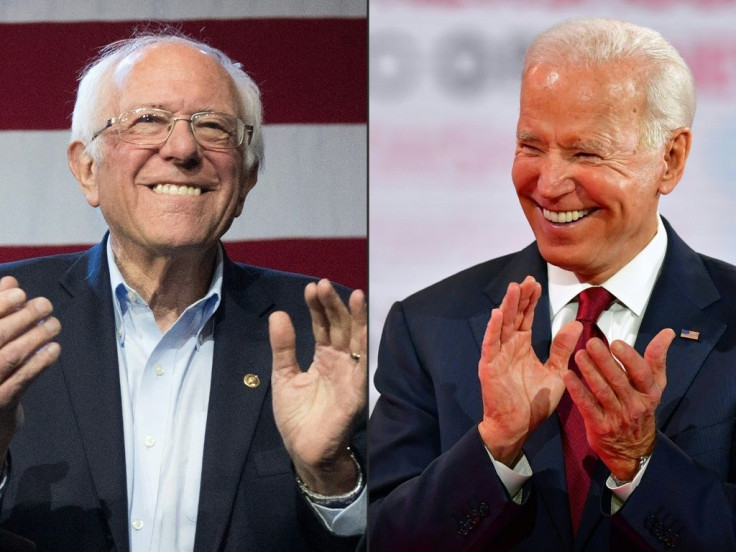Elections 2020: NY Democratic Presidential Primary Reinstated, Sanders Back on Ballot

KEY POINTS
- Judge Analisa Torres of the Southern District of New York rules Democratic primary will be held in June
- Judge rules that Sen. Bernie Sanders's name be returned to the ballot
- Democrats on the state board of elections had voted to cancel the June 23 primary
The Southern District of New York has ruled that the Democratic presidential primary will be held in June, despite attempts to cancel it. Judge Analisa Torres also ruled that Sen. Bernie Sanders, I-Vt., who ended his campaign on April 8, be returned to the ballot.
Sanders dropped out of the race after a series of primary losses to the current presumptive Democratic nominee and former vice presidnet Joseph Biden Jr. At the time, the NY primary was originally scheduled for April 28 but earlier, in March, citing the coronavirus pandemic that was hitting NY City extremely hard, Gov. Andrew Cuomo issued an executive order to re-schedule the primary to June 23. Sanders' name was still on the April 28 ballot.
Last week, Democrats on the state board of elections voted to remove all the presidential candidates, including Sanders, who had suspended their campaigns, leaving former Biden as the only name on the ballot. They also voted to cancel the June 23 event and like Cuomo, cited fears over the coronavirus pandemic.
The “bone of contention” is the delegates that Sanders had already pocketed before the end of his campaign as well as the rights of all former candidates. The delegates play a role in influencing the Democratic platform later in the election year at the Democratic National Convention.
Torres’ ruling said, “The Court concludes that Plaintiffs and Plaintiff-Intervenors have shown a clear and substantial likelihood of success on the merits of their claim that the Democratic Commissioners’ April 27 Resolution removing [Andrew] Yang, Sanders, and eight other Democratic presidential candidates from the ballot deprived them of associational rights under the First and Fourteenth Amendments to the Constitution.”
Andrew Yang, another former presidential candidate, filed the lawsuit against New York.
Other statements from the ruling included, “The removal of presidential contenders from the primary ballot not only deprived those candidates of the chance to garner votes for the Democratic Party’s nomination, but also deprived their pledged delegates of the opportunity to run for a position where they could influence the party platform, vote on party governance issues, pressure the eventual nominee on matters of personnel or policy, and react to unexpected developments at the Convention. And it deprived Democratic voters of the opportunity to elect delegates who could push their point of view in that forum.”
Their opponents in the 2020 election do not have to look deep to analyze the plight of the Democratic party. In a March 29, 2019, interview with Sean Hannity on the Fox News Channel’s “Hannity,” conservative commentator and talk radio host Rush Limbaugh said, “The objective remains to get Donald Trump out of office, either by driving his numbers down or impeaching him or defeating him in 2020.” Limbaugh has not varied from that opinion.
The Progressive sector of the Democratic party will like Torres’ ruling in that they will be able to continue their promotion of their candidate and efforts to bridge the gap between centrists and liberals that continue to play out from 2016.
As for Torres, she agreed with Progressives’ concerns, arguing that the cancellation could disenfranchise New York voters.
© Copyright IBTimes 2025. All rights reserved.





















